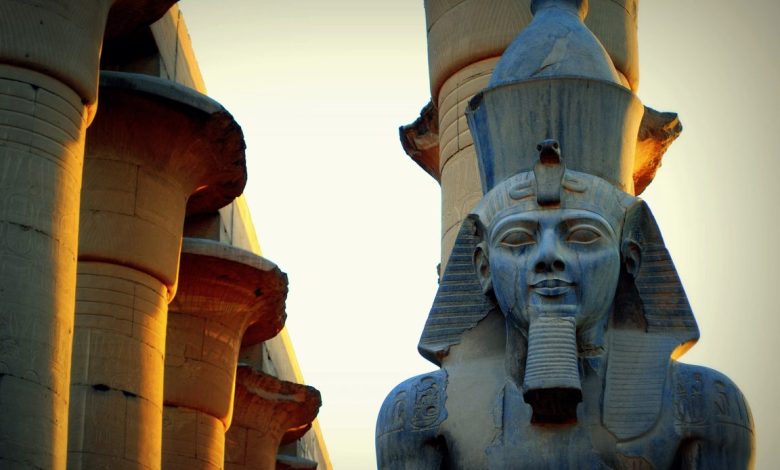Western Scholar: Ramses II did not achieve victory and built a false glory through propaganda

British egyptologist Toby Wilkinson has revealed unprecedented aspects of the life of Ramesses II, one of Egypt’s most famous pharaohs, in his new book.
The Economist magazine reported some of the details in the new edition of scientist and British academic Wilkinson, which was released in the middle of last month and printed by Yale University Press.
In his book Ramesses the Great: King of the Kings of Egypt, Wilkinson says, Ramesses the Great did not win his title through military and political victories. His most famous battle – the battle of Kadesh in 1274 BC – ended in a bloody draw.”
“If greatness is tied to the name of Ramses II, it is in large part because of his insistence on telling the world – repeatedly and widely – how wonderful he is.”
“Throughout his 66-year reign, Ramses II excelled in propaganda and self-promotion. “His efforts made an impression on both the contemporary and future generations.”
“Despite his false glory, Ramses seems to have been pragmatic,” Wilkinson explains. Showing trust was an essential part of the job and a political necessity.”
“Ramses II was clearly sorry that his autobiography did not include any clear military victory – and the repeated mention of the battle of Kadesh suggests that a disturbing sense of combat capability did not materialize.”
This, he said, “is a good confirmation of his statesmanship, because he has turned failure into profit.”
King Ramses II of the Nineteenth Dynasty of Ancient Egypt, who lived more than 90 years and ruled the country for 66 years.












